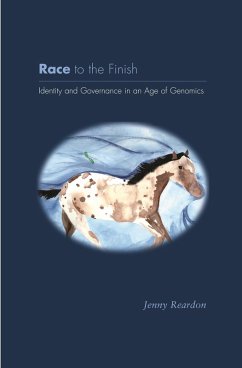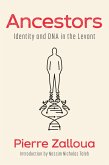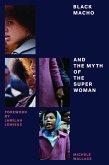In the summer of 1991, population geneticists and evolutionary biologists proposed to archive human genetic diversity by collecting the genomes of "isolated indigenous populations." Their initiative, which became known as the Human Genome Diversity Project, generated early enthusiasm from those who believed it would enable huge advances in our understanding of human evolution. However, vocal criticism soon emerged. Physical anthropologists accused Project organizers of reimporting racist categories into science. Indigenous-rights leaders saw a "Vampire Project" that sought the blood of indigenous people but not their well-being. More than a decade later, the effort is barely off the ground.
How did an initiative whose leaders included some of biology's most respected, socially conscious scientists become so stigmatized? How did these model citizen-scientists come to be viewed as potential racists, even vampires?
This book argues that the long abeyance of the Diversity Project points to larger, fundamental questions about how to understand knowledge, democracy, and racism in an age when expert claims about genomes increasingly shape the possibilities for being human. Jenny Reardon demonstrates that far from being innocent tools for fighting racism, scientific ideas and practices embed consequential social and political decisions about who can define race, racism, and democracy, and for what ends. She calls for the adoption of novel conceptual tools that do not oppose science and power, truth and racist ideologies, but rather draw into focus their mutual constitution.
How did an initiative whose leaders included some of biology's most respected, socially conscious scientists become so stigmatized? How did these model citizen-scientists come to be viewed as potential racists, even vampires?
This book argues that the long abeyance of the Diversity Project points to larger, fundamental questions about how to understand knowledge, democracy, and racism in an age when expert claims about genomes increasingly shape the possibilities for being human. Jenny Reardon demonstrates that far from being innocent tools for fighting racism, scientific ideas and practices embed consequential social and political decisions about who can define race, racism, and democracy, and for what ends. She calls for the adoption of novel conceptual tools that do not oppose science and power, truth and racist ideologies, but rather draw into focus their mutual constitution.









